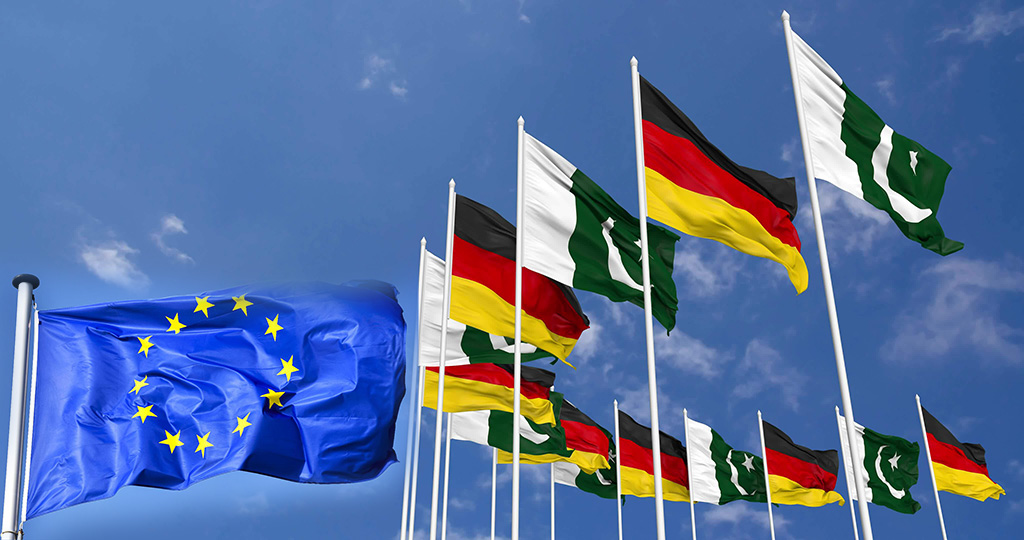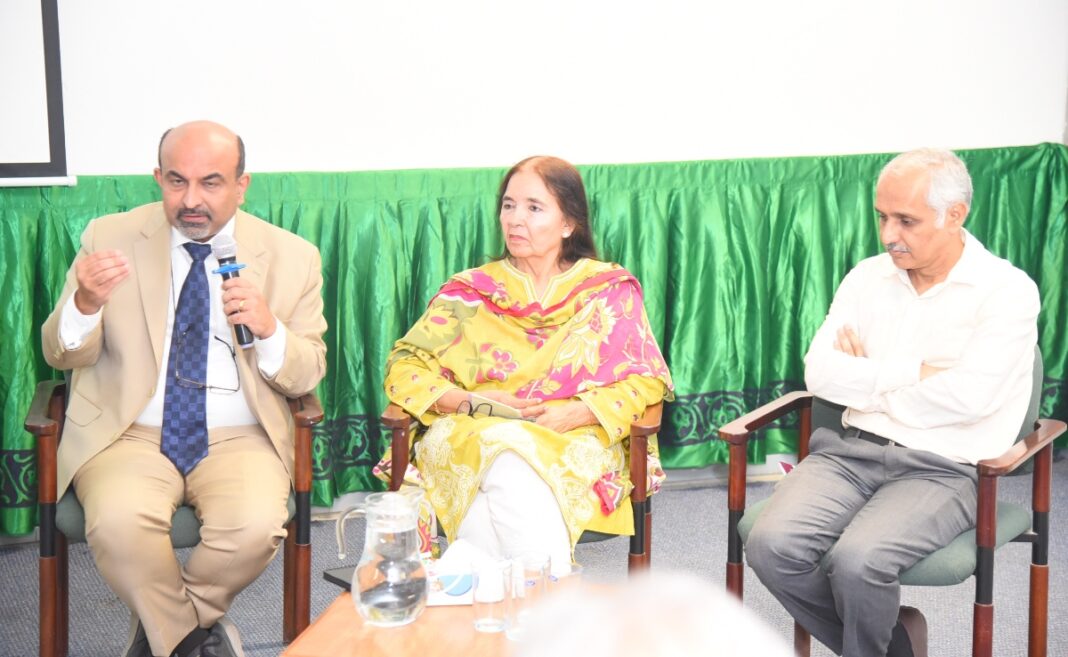By: Muhammad Ismail Khalid Yousaf

April is internationally recognized as “Stress Awareness Month”. Stress, also culturally and commonly termed as tension, is a significant cause of multiple negative impacts on our physical, emotional, and mental well-being. The chemical changes inside the body due to stress are evidenced to cause cardiovascular, neurological, and psychiatric co-morbidities.
Secondary to stress, the most common neurological illness worldwide is Tension Type Headache (TTH), also known as Stress Headache. It’s imperative to spread awareness and highlight TTH during the current stress awareness month. TTH is reported as a benign band-like, dull pressing sensation around the head which can last between 30 minutes to 7 days. TTH could be episodic (<15 days in a month) or chronic (≥15 days in a month).
TTH is the most common type of headache globally, with a lifetime prevalence in the general population between 30% and 78% as per different studies. The International Headache Society (IHS) reports that TTH is the second most common cause of chronic illness and injury, with more than 2 billion people globally suffering from it. So far, evidence suggests that it is slightly more common in females as compared to men, with peak age between 30-39.
TTH headache has overlapping features with Migraine Headache; however, what really differentiates TTH from migraine is the lack of aura and lack of severe disability. TTH might not worsen with daily routines but may lead to excessive over-the-counter painkiller intake, which comes with its baggage of health hazards and side effects, including the formation of medication overuse headache or rebound headache.
It’s important to recognize the symptoms of TTH to diagnose and treat it adequately. In addition to socioeconomic aspects, the psychosocial aspects are understated as patients with TTH have difficulty maintaining social relationships, decreased participation in activities, and an overall reduction in life satisfaction. TTH is also common in the pediatric and adolescent population due to peer and domestic pressure, strongly impacting their academic and athletic performances.
The treatment of TTH requires the judicial use of pain medications with a doctor’s consultation. In addition, diagnostic and therapeutic referral towards the root cause of the headache in the first place is equally important. Treatment interventions might require behavioral therapy, deep breathing techniques, biofeedback, massage, and correction of posture.
The writer is a distinguished Headache Medicine Fellow and advocate at Dell Medical School, UT Austin. Specializing in tension-type headaches, he brings expertise and dedication to advancing awareness and patient care in the field of headache medicine. He can be reached at [email protected]





